| CEST | Monday, 19th September 2022 | Tuesday, 20th September 2022 | Wednesday, 21st September 2022 |
|---|---|---|---|
| 09:00 |
Ensembles and Cohorts in Medical Visualization
|
You’ve Visualized It but Now What? Navigating and Making Sense of Large 3D Visualizations
|
|
| 09:15 | |||
| 09:30 | |||
| 09:45 | |||
| 10:00 |
Biomedical Visualization as an Interface between Data, Algorithms, and Humans
|
Lossless Multidimensional Visualization Techniques
|
|
| 10:15 | |||
| 10:30 | |||
| 10:45 | |||
| 11:00 | |||
| 11:15 | |||
| 11:30 |
Visualization for Healthcare in the Covid-19 Era: Current Trends in the Analysis of Time-varying Data
|
The necessity of data augmentation in biomedicine
|
|
| 11:45 | |||
| 12:00 | |||
| 12:15 | |||
| 12:30 | |||
| 12:45 | |||
| 13:00 | |||
| 13:15 | |||
| 13:30 |
A Primer on Biomedical Data Sources
|
Uncertainty-Aware Visual Analytics in Biomedical Applications
|
|
| 13:45 | |||
| 14:00 | |||
| 14:15 | |||
| 14:30 |
Interactive Visual Analytics and Modelitics
|
AI and Visual Computing for Histopathology Images
|
|
| 14:45 | |||
| 15:00 | |||
| 15:15 | |||
| 15:30 | |||
| 15:45 | |||
| 16:00 |
Narrative Medical Visualization
|
Interpretable and Interactive Machine Learning: Examples from Neuroimaging and Ophthalmology
|
|
| 16:15 | |||
| 16:30 | |||
| 16:45 | |||
| 17:00 |
Taking visualization off the screen
|
Trends & Opportunities in Visualization for Physiology
|
|
| 17:15 | |||
| 17:30 | |||
| 17:45 |
Monday
13:00 - 13:30
Opening
13:30 - 14:30
A Primer on Biomedical Data Sources
Speaker: Jan Byška and Katarína Furmanová (Masaryk University)
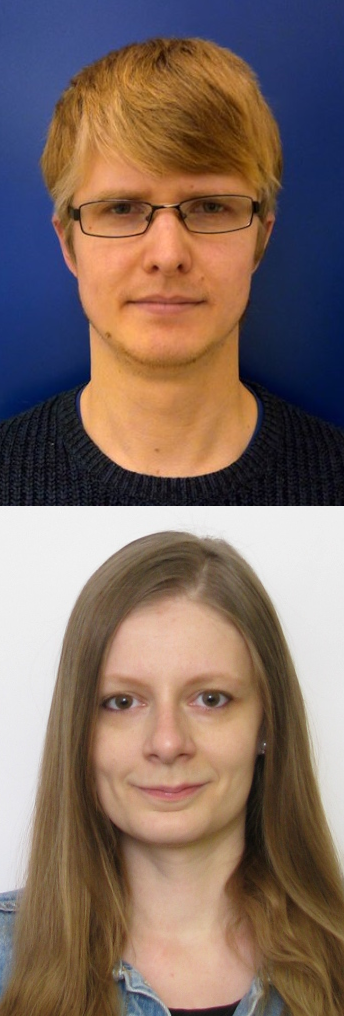
Jan Byška is Assistant professor at Masaryk University and Adjunct Associate Profesor at Universtity of Bergen. His work focuses on various challenges in the field of visualization of biomolecular and spatio-temporal data. Together with his colleagues he develops multiple software tools for visualization of molecular data among the most notable CAVER Analyst. He received his master's degree in Computer Graphics from the Masaryk University, Brno in 2011 and his PhD in 2016 from the same university. Since finishing his Ph.D., Dr. Byška spent 3 year as a postdoc at University of Bergen and is actively participating in the organization of multiple scientific events in the field of visualization (VCBM, EuroVis, BioVis, MolVA).
Katarína Furmanová is Assistant professor at Masaryk University. She obtained her Ph.D. in Computer Graphics in 2019 from the same university. For the results of her dissertation she received Joseph Fourier Prize for Computer Sciences. After finishing her Ph.D., she spent one year as a postdoc at Aarhus University in Denmark, where her research focused on visual analytics for radiotherapy cancer treatment. Her current research interest involve visualization of medical and molecular data.
Katarína Furmanová is Assistant professor at Masaryk University. She obtained her Ph.D. in Computer Graphics in 2019 from the same university. For the results of her dissertation she received Joseph Fourier Prize for Computer Sciences. After finishing her Ph.D., she spent one year as a postdoc at Aarhus University in Denmark, where her research focused on visual analytics for radiotherapy cancer treatment. Her current research interest involve visualization of medical and molecular data.
14:30 - 15:30
Interactive Visual Analytics and Modelitics
Speaker: Eduard Gröller (TU Wien)
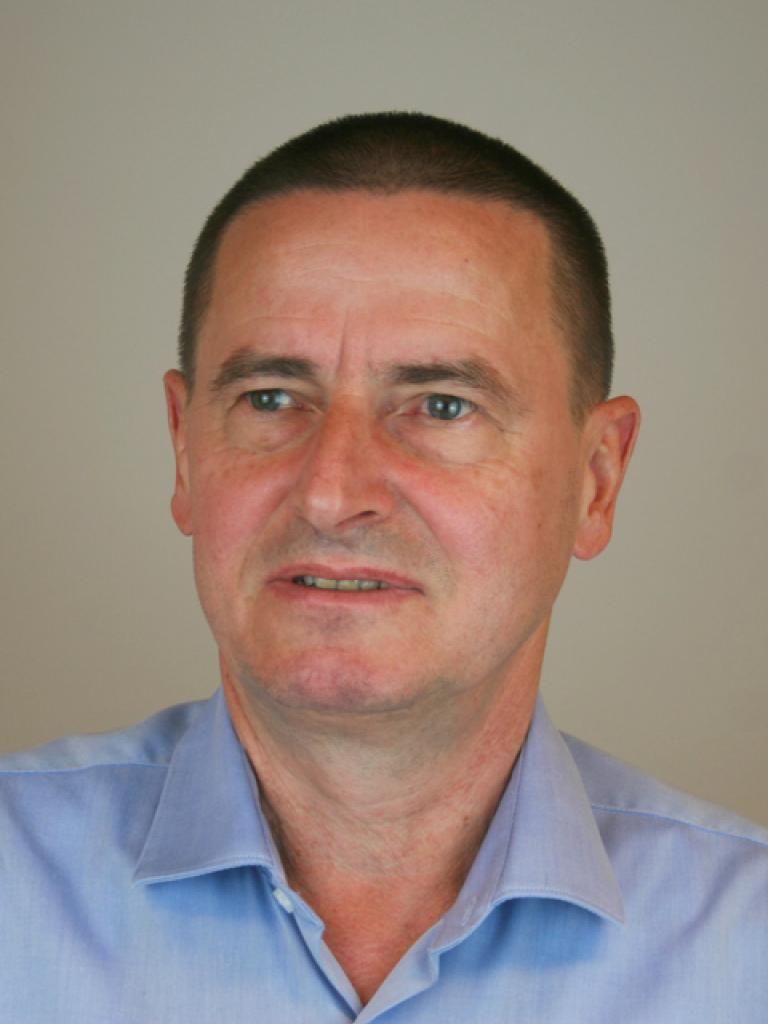
Eduard Gröller is Professor at the Institute of Visual Computing & Human-Centered Technology (VC&HCT), TU Wien, where he is heading the Research Unit of Computer Graphics. He is a scientific proponent and key researcher of the VRVis research center. The center performs applied research in visualization, rendering, and visual analysis. Dr. Gröller is Adjunct Professor of Computer Science at the University of Bergen, Norway. His research interests include computer graphics, visualization, and visual computing. He became a fellow of the Eurographics Association in 2009. Dr. Gröller is the recipient of the Eurographics 2015 Outstanding Technical Contributions Award and of the IEEE VGTC 2019 Technical Achievement Award.
15:30 - 16:00
Coffee Break
16:00 - 17:00
Narrative Medical Visualization
Speaker: Bernhard Preim (Otto-von-Guericke University)
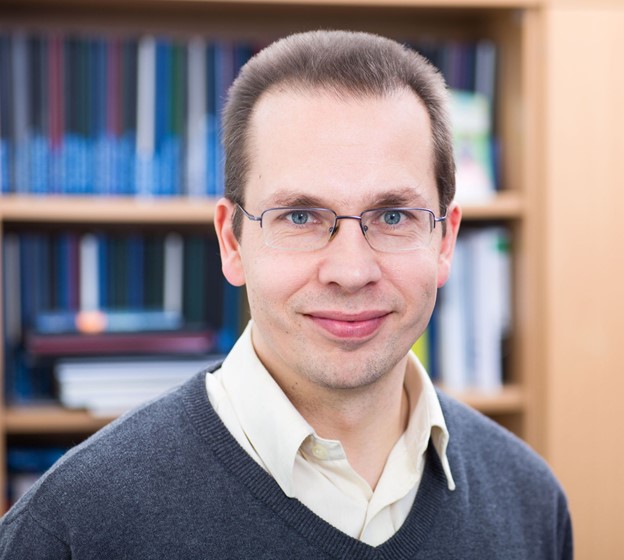
Bernhard Preim was born in 1969 in Magdeburg, Germany. He received the diploma in computer science in 1994 (minor in mathematics) and a Ph.D. in 1998 from the Otto-von-Guericke University of Magdeburg. In 1999 he moved to Bremen where he joined the staff of MeVis. In close collaboration with radiologists and surgeons he directed the work on "computer-aided planning in liver surgery". In June 2002 he received the Habilitation degree (venia legendi) for computer science from the University of Bremen. Since Mars 2003 he is full professor for "Visualization" at the Otto-von-Guericke-University of Magdeburg,heading a research group focussed on medical visualization and applications in surgical education and surgery planning.
17:00 - 18:00
Taking visualization off the screen
Speaker: Renata Raidou (TU Wien)
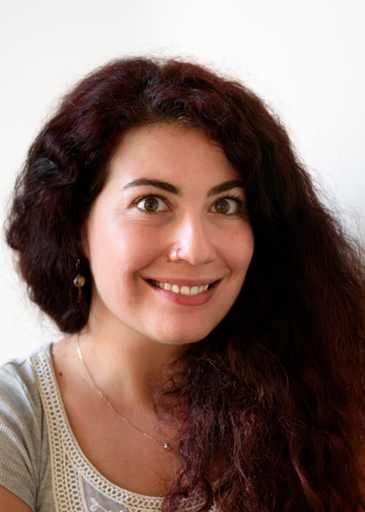
Renata Raidou is Assistant Professor in Medical Visualization and Visual Analytics at TU Wien, Austria. Previously, she was Assistant Professor at the University of Groningen, the Netherlands. She received her Ph.D. from Eindhoven University of Technology, the Netherlands, in 2017. For the results of her dissertation, she obtained the Best PhD Award 2018 of the EuroVis Awards Programme, and she was awarded the Dirk Bartz Prize for Visual Computing in Medicine (1st Place) at Eurographics 2017. In 2022, she was awarded the EuroVis Young Researceher Award. Her research focus is on the interface between Visual Analytics, Image Processing, and Machine Learning, with a strong focus on medical applications—in particular, cancer radiotherapy. Her domains of expertise are Comparative Visual Analytics and Uncertainty Visualization. She is also very enthusiastic about Data Physicalization in the context of Anatomical Edutainment.
Tuesday
09:00 - 10:00
Ensembles and Cohorts in Medical Visualization
Speaker: Lars Linsen (University of Münster)
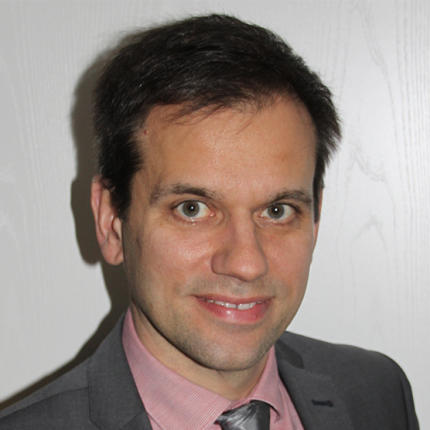
Lars Linsen is a Full Professor at the University of Münster, Germany. He completed his PhD in Computer Science at the University of Karlsruhe, Germany in 2001. Afterward, he stayed as a Postdoctoral Researcher/Lecturer with the University of California, Davis, USA, as an Assistant Professor with the Ernst-Moritz-Arndt Universität, Greifswald, Germany, and as a Full/Associate Professor with the Jacobs University, Bremen, Germany. Currently he is a Managing Director at the Computer Science Department of the University of Münster, Germany. He is also the leader of the VISualization & graphIX (VISIX) group concerned with the development of interactive visual representations and analysis systems. His research interests include interactive visual analysis of imaging data, medical visualization, and visualization in life sciences.
10:00 - 11:00
Biomedical Visualization as an Interface between Data, Algorithms, and Humans
Speaker: Stefan Bruckner (University of Bergen)
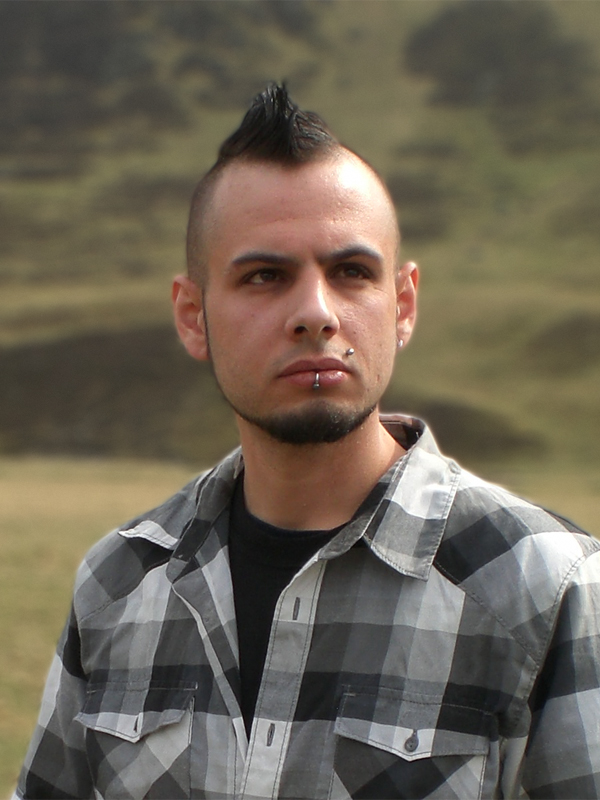
Stefan Bruckner is professor in visualization at the Department of Informatics of the University of Bergen in Norway. He investigates methods for gaining insight into complex data to further scientific understanding and discovery, medical diagnosis and treatment, and engineering, as well as techniques for communicating these findings to the public. Building on these foundations, his current interests include the development of novel interactive approaches for the inquiry of large-scale heterogeneous data spaces in data-driven science. Before his professorial appointment in Bergen in 2013, he was an assistant professor at the TU Wien, Austria where he also received his Ph.D. in Computer Science in 2008 and was awarded the habilitation degree (venia docendi) in Practical Computer Science in 2012. He has co-authored over 100 research papers on a variety of topics in visual computing including work on areas such as illustrative visualization, volume rendering, smart visual interfaces, biomedical data visualization, and visual parameter space exploration. He was program co-chair of EuroVis, PacificVis, the Eurographics Workshop on Visual Computing for Biology and Medicine, the Eurographics Medical Prize, and is an associate editor of the journal Computers & Graphics.
11:00 - 11:30
Coffee Break
11:30 - 12:30
Visualization for Healthcare in the Covid-19 Era: Current Trends in the Analysis of Time-varying Data
Speaker: Alessio Arleo (TU Wien)
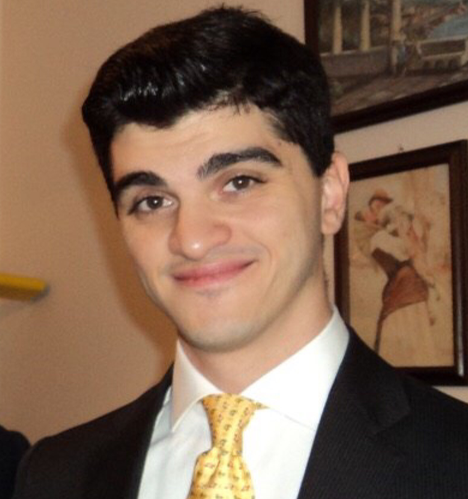
Alessio Arleo is a postdoctoral researcher at Centre for Visual Analytics Science and Technology (CVAST). He earned bachelor, master degree (achieved cum laude) and PhD at University of Perugia. His expertise includes software engineering, algorithm design, distributed systems, graph drawing, information visualization.
12:30 - 13:30
Lunch
13:30 - 14:30
Uncertainty-Aware Visual Analytics in Biomedical Applications
Speaker: Christina Gillmann (University of Leipzig)
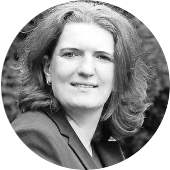
Christina Gillmann is a researcher with the Signal and Image Processing Group, University of Leipzig, Leipzig, Germany, leading her own subgroup on uncertaintyaware visual analytics (UAVA). Her research interests include UAVA, medical visualization, uncertainty analysis, and the transferability of visualization approaches into applications. She received the Ph.D. degree in computer science from the University of Kaiserslautern, Kaiserslautern, Germany, in 2018.
14:30 - 15:30
AI and Visual Computing for Histopathology Images
Speaker: Marco Agus (Hamad Bin Khalifa University)
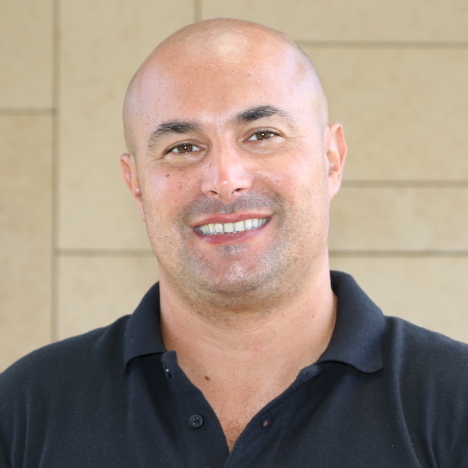
Marco Agus joined Hamad Bin Khalifa University after serving as a Research Engineer at King Abdullah University of Science and Technology (KAUST) in Jeddah, Saudi Arabia. He was also a Research Scientist at the Center of Research, Development, and Advanced Studies in Sardinia (CRS4), Italy. He holds an MSc degree in Electronic Engineering and Ph.D. degree in Mechanical Design, both obtained from the University of Cagliari, Italy. He regularly teaches courses in important visual computing venues, such as the ACM Special Interest Group on Computer Graphics (SIGGRAPH), and frequently serves as committee member, reviewer, chair, and associated editor for top journals and conferences in the field.
15:30 - 16:00
Coffee Break
16:00 - 17:00
Interpretable and Interactive Machine Learning: Examples from Neuroimaging and Ophthalmology
Speaker: Thomas Schultz (University of Bonn)
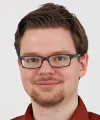
Thomas Schultz is a university professor for Life Science Informatics and Visualization at the B-IT and the Department of Computer Science, where he is heading the Visualization and Medical Image Analysis Group. His work focuses on the development and integration of computational tools for quantitative image analysis, machine learning, and interactive visualization, in order to gain insights from large, complex, and dynamic image data, which challenges traditional approaches to image analysis and interpretation. Prof. Schultz received his MSc (Dipl.-Inf.) and PhD (Dr.-Ing.) degrees in computer science from Saarland University and MPI Informatik in 2006 and 2009, respectively, after studying computer science and medical engineering in Saarbrücken, Heidelberg/Heilbronn, and Linköping (Sweden). He spent two years (2009-2011) as a DAAD postdoctoral fellow at the University of Chicago, and another two years (2011-2013) at the MPI for Intelligent Systems in Tübingen. He joined the University of Bonn in spring 2013, initially as an assistant professor (Jun.-Prof.).
17:00 - 18:00
Trends & Opportunities in Visualization for Physiology
Speaker: Helwig Hauser (University of Bergen)
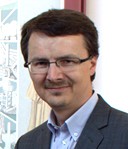
Helwig Hauser is professor in visualization and the leader of the Center for Data Science, CEDAS, at the University of Bergen (UiB), Norway. Before joining UiB in 2007 to build up a new research group on visualization (vis.UiB.no), Helwig Hauser was the Scientific Director of the VRVis Research Center in Vienna, Austria, where he earlier had led the basic research group on visualization (since 2000). Helwig Hauser got his education (in Computer Science, with specialization on visualization) from the Vienna University of Technology in Austria (TU Wien), where he also completed his PhD in 1998 and his Habilitation in 2003 (later awarded by the Heinz Zemanek Award). Since 2019, Helwig Hauser is the leader of UiB’s new Center for Data Science, CEDAS (UiB.no/cedas), with a particular focus on interdisciplinary research in data science, as well as data science education and applications.
Wednesday
09:00 - 10:00
You’ve Visualized It but Now What? Navigating and Making Sense of Large 3D Visualizations
Speaker: David Kouřil (Masaryk University)
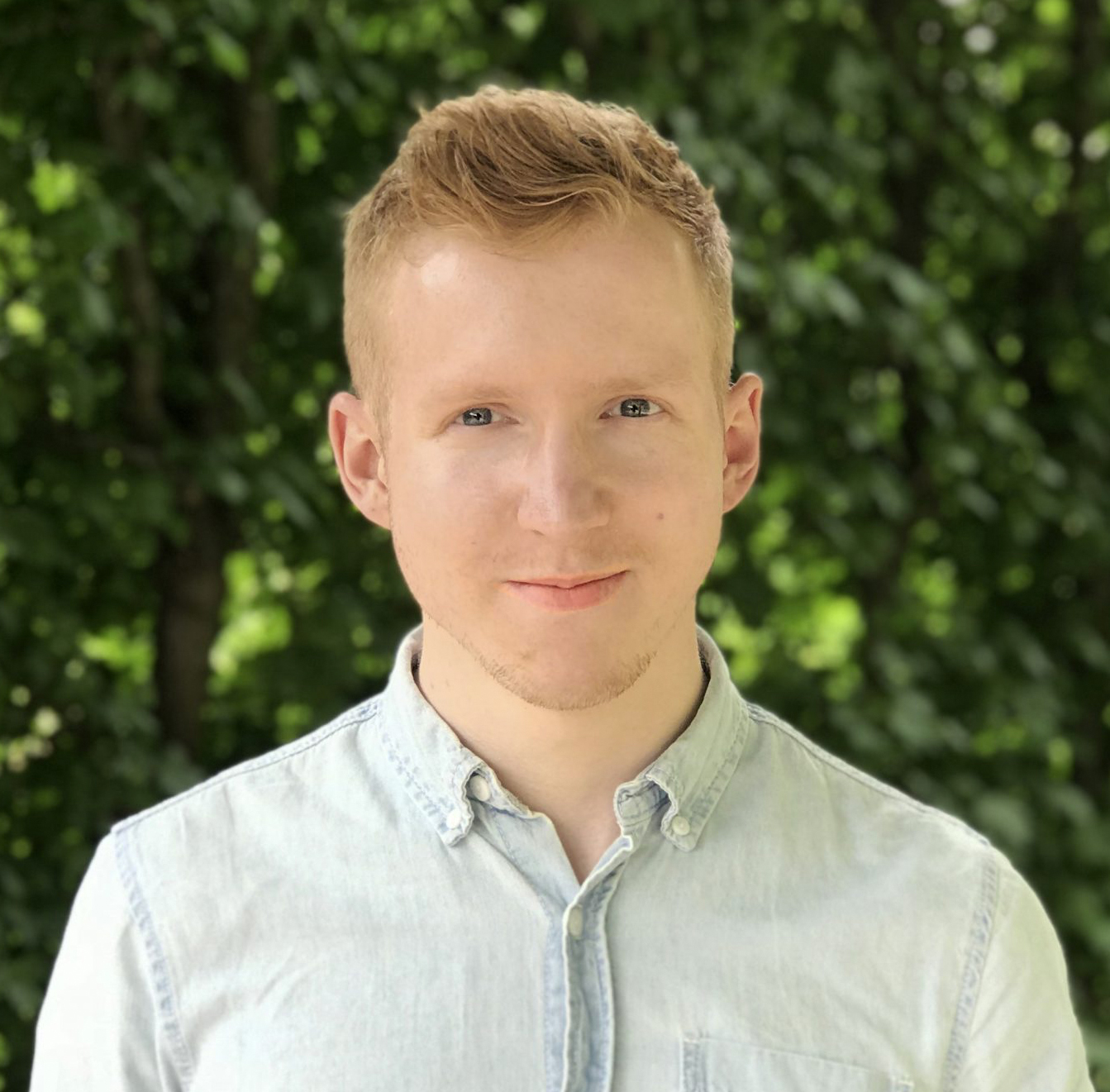
David Kouřil is a postdoctoral researcher at Masaryk University in Brno, Czech Republic. He received his doctoral degree from TU Wien in Vienna, Austria in April 2021. His research topic lies in scientific visualization, where he focuses on three-dimensional biological data and designs novel visualization and interaction methods that support exploration and understanding of the environments that this data represents.
10:00 - 11:00
Lossless Multidimensional Visualization Techniques
Speaker: María Luján Ganuza (Universidad Nacional del Sur)

María Luján Ganuza is an assistant researcher at CONICET (ICIC-UNS) and a professor at the Department of Computer Science and Engineering, Universidad Nacional del Sur, Argentina. She is part of the VyGLab (Research Laboratory in Visualization and Computer Graphics) since 2006. She got her Ph.D. in Computer Science from the Universidad Nacional del Sur in 2018 under the supervision of Dr. Silvia M. Castro, working in Interactions in Visualization. Her research interests are the analysis and development of visual analysis techniques for spatial, time-oriented and multidimensional data. She is currently working specifically on the development of visualization techniques for multidimensional and spatial geological data. In addition, she is working on the development of visualization techniques for eye-tracking data.
11:00 - 11:30
Coffee Break
11:30 - 12:30
The necessity of data augmentation in biomedicine
Speaker: David Svoboda (Masaryk University)
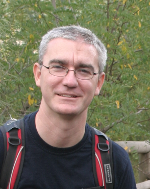
David Svoboda is an associate professor at the Department of visual computing of the Faculty of Informatics, Masaryk University, Brno, Czech Republic. He completed his PhD in computer science with a thesis on segmentation of volumetric histopathological images. He spent a half-year research visit at Manchester Metropolitan University, Manchester, UK, in the signal processing group, where he focused on the problems on edge detection using the statistics-based filtering. Since 2006, he has been with the Centre for Biomedical Image Analysis at Masaryk University. His current research fields include the manipulation of huge image data and the generation of synthetic microscopy image data, both static and time-lapse sequences.
12:30 - 13:00
Closing

